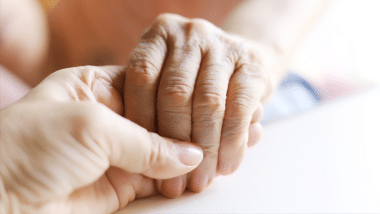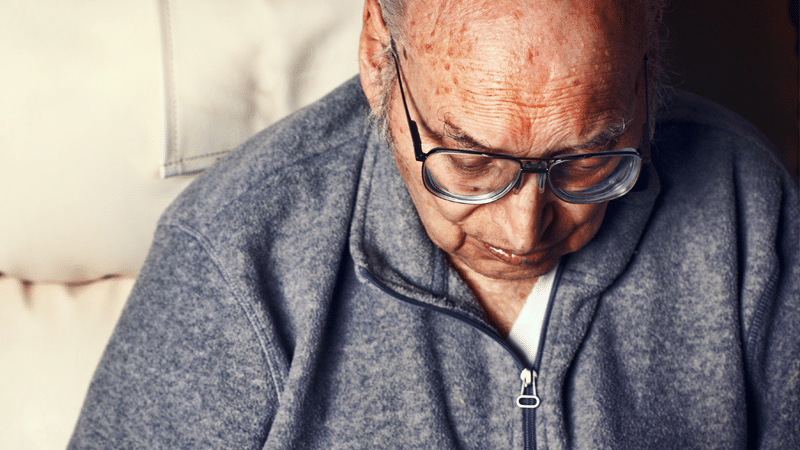A human rights quango in the Australian Capital Territory (ACT) has recommended widening the criteria for assisted suicide and euthanasia set out in a Bill.
ACT’s proposed Voluntary Assisted Dying Bill would allow adults who live in Canberra and the surrounding area to get help to die if they are deemed to be experiencing “intolerable suffering” and are in the advanced stages of a progressive condition which is expected to cause death. They must possess decision making capabilities and make the request to die voluntarily.
In its submission to the legislature’s inquiry on the Bill, the ACT Human Rights Commission said “such legislation also has the potential to be incompatible with other protected rights”, and proposed making the eligibility criteria wider.
Child euthanasia
The Commission first proposed removing the age restriction for euthanasia and assisted suicide, saying that the rights of children extend to “decisions for a child or young person to voluntarily end their life with dignity in the same circumstances as adults”.
It said this could occur where a child has “demonstrated maturity and capacity to make such a decision”.The quango wants to remove the proposed age restriction and the need for informed consent at the time of being euthanised
However, it admitted “there may need to be additional steps and safeguards for children and young people, particularly where the views of parents and carers differ from the young person or from each other”.
Too many barriers
The quango also objected to the need for a person to be capable of giving informed consent at the time they are to be euthanised, providing they had previously indicated consent through a voluntary directive when they were of sound mind, though it said this would involve “fraught ethical issues”.
And the Commission also objected to a proposed checking process which requires a person seeking an assisted death to make three separate requests to practitioners, including a written one witnessed by two people, and an assessment to ensure the patient retains decision-making capacity.
The Commission said: “A scheme whose purpose is to facilitate access to VAD in order to help individuals end their lives with dignity, and to ensure that intolerable suffering is not unnecessarily prolonged, should avoid unnecessary delays that may frustrate its purpose.”
It added: “While we understand the need for robust witnessing requirements, the practical effect may serve as an unnecessary barrier”.
‘Retail suicide’
When the Bill was tabled in October, Rob Norman of the Australian Christian Lobby said: “If passed into law, this Bill will allow for suicide-on-demand by folks without a terminal condition. The ACT Government obviously has no confidence in its own medical system or palliative care services and has opted for the easy option.”
He added: “In the worst case two nurses will be able to assess and agree to a patient’s request to take a life-terminating substance for non-terminal conditions. This equates to retail suicide and represents a gross failure by the Government to recognise the sanctity of human life.”The quango wants to remove the proposed age restriction and the need for informed consent at the time of being euthanised
All six Australian states have already legalised assisted suicide and euthanasia, meaning only ACT and the Northern Territory, which have a combined population of less than one million, maintain safeguards for the vulnerable. But both territories are considering legislation to remove them.

‘Disabled people need support to live, not help to die’, Oireachtas told
Church leaders: ‘RoI must not undermine sanctity of life by legalising assisted suicide’
‘Don’t turn doctors into death givers’, Oireachtas committee warned
Former medic dubbed ‘Dr Death’ wants no restrictions for assisted suicide in Ireland


